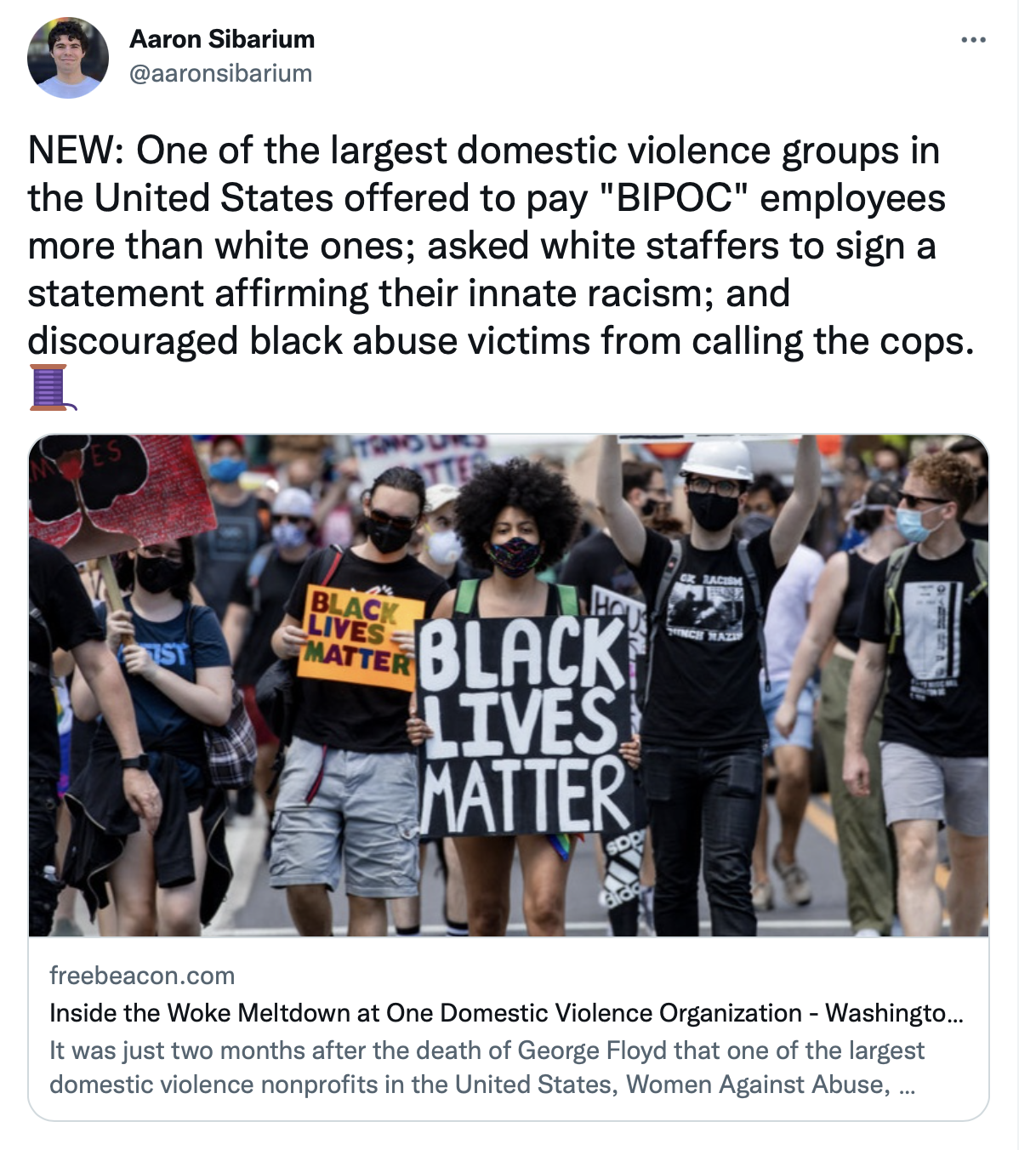Banning and Pre-Banning Books
Pamela Paul is fearless in her writing. In her newest NYT article, she discusses the books that aren't: "There’s More Than One Way to Ban a Book." Here's an excerpt:
You can understand why the publishing world gets nervous. Consider what has happened to books that have gotten on the wrong side of illiberal scolds. On Goodreads, for example, vicious campaigns have circulated against authors for inadvertent offenses in novels that haven’t even been published yet. Sometimes the outcry doesn’t take place until after a book is in stores. Last year, a bunny in a children’s picture book got soot on his face by sticking his head into an oven to clean it — and the book was deemed racially insensitive by a single blogger. It was reprinted with the illustration redrawn. All this after the book received rave reviews and a New York Times/New York Public Library Best Illustrated Children’s Book Award.
In another instance, a white academic was denounced for cultural appropriation because trap feminism, the subject of her book “Bad and Boujee,” lay outside her own racial experience. The publisher subsequently withdrew the book. PEN America rightfully denounced the publisher’s decision, noting that it “detracts from public discourse and feeds into a climate where authors, editors and publishers are disincentivized to take risks.”
Books have always contained delicate and challenging material that rubs up against some readers’ sensitivities or deeply held beliefs. But which material upsets which people changes over time; many stories about interracial cooperation that were once hailed for their progressive values (“To Kill a Mockingbird,” “The Help”) are now criticized as “white savior” narratives. Yet these books can still be read, appreciated and debated — not only despite but also because of the offending material. Even if only to better understand where we started and how far we’ve come.



